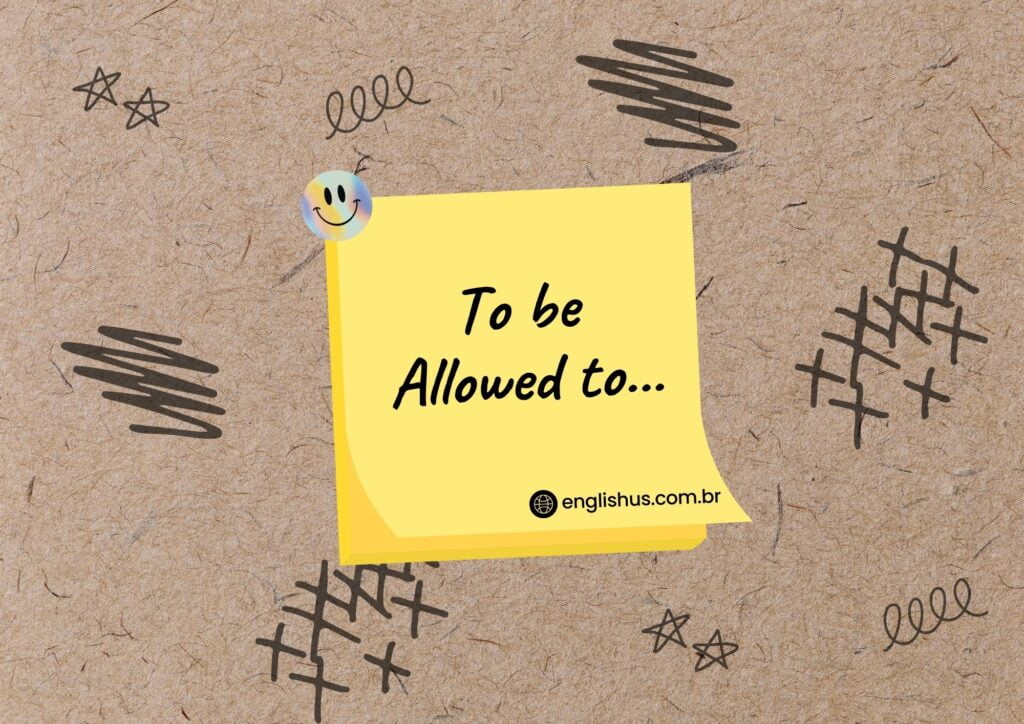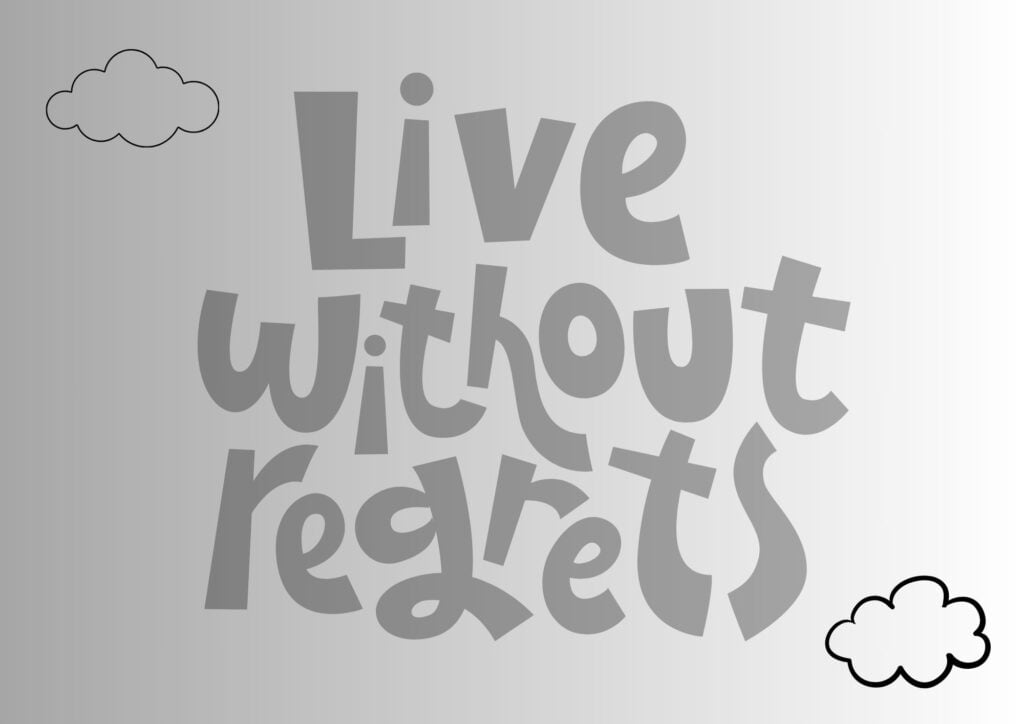Hello, EnglishUs readers! Welcome back to our language learning journey. Today, we’re diving into an essential part of English grammar that will help you express your ideas more clearly and confidently. We’re talking about the First Conditional in English! Whether you’re planning your next vacation, thinking about your future career, or just daydreaming, the First Conditional is your go-to structure for talking about possibilities.
What Is the First Conditional?
The First Conditional is a type of conditional sentence used to talk about real and possible situations in the future. It’s all about what might happen if a certain condition is met. The structure is simple:
(Condition) (Consequence)
If + Present Simple, … Future Simple (will / can / may / might / should)
For instance:
- If it rains, we will stay at home.
- If I study hard, I will pass the exam.
- If you finish your homework, we can go to the movies.
In each example, the first part (the “if” clause) presents a condition, and the second part (the main clause) shows the result if that condition is met.
Why Use the First Conditional?
Using the First Conditional allows you to:
- Make Plans: “If we leave now, we will arrive on time.”
- Give Warnings: “If you don’t wear a coat, you will catch a cold.”
- Offer Promises: “If you help me, I will buy you lunch.”
- Predict Outcomes: “If the weather is good, we will go to the beach.”
It’s an incredibly useful tool for everyday conversations and for making your English sound more natural.
Breaking Down the First Conditional
- The “If” Clause
The “if” clause uses the Present Simple tense. This part of the sentence sets up the condition. Here are some examples to illustrate different scenarios:
- If you study hard, you will pass the exam. (Condition: studying hard)
- If she comes to the party, she will have fun. (Condition: coming to the party)
- If it snows, we will build a snowman. (Condition: snowing)
- The Main Clause
The main clause uses “will” followed by the base form of the verb. This part of the sentence shows the result that will happen if the condition is met. Let’s look at the previous examples again:
- You will pass the exam if you study hard. (Result: passing the exam)
- She will have fun if she comes to the party. (Result: having fun)
- We will build a snowman if it snows. (Result: building a snowman)
- Combining the Clauses
When we put the “if” clause and the main clause together, we get a complete First Conditional sentence. You can start with either clause, but remember to use a comma if the “if” clause comes first:
- If you practice every day, you will improve your English.
- You will improve your English if you practice every day.
Both sentences mean the same thing, and it’s good to mix it up to sound more natural in conversations.
Common Mistakes and Tips
- Using the Wrong Tense
One common mistake is using the wrong tense in the “if” clause. Remember, it should always be in the Present Simple tense. For example:
Incorrect: If he will call me, I will answer. Correct: If he calls me, I will answer.
- Omitting “Will”
Another mistake is omitting “will” in the main clause. Make sure to include “will” to indicate the future result:
Incorrect: If it rains, we stay at home.
Correct: If it rains, we will stay at home.
- Overusing “If”
While “if” is crucial in conditional sentences, try to vary your sentences by sometimes placing the main clause first:
Instead of: If I see John, I will tell him. Try: I will tell John if I see him.
- Pronunciation
Pay attention to the pronunciation of “will.” It’s often shortened in speech to sound more natural:
- I’ll (I will)
- You’ll (You will)
- He’ll/She’ll/It’ll (He will/She will/It will)
- We’ll (We will)
- They’ll (They will)
- Listening Practice
Listen to native speakers using the First Conditional in movies, songs, and conversations. This will help you understand how it’s used naturally.
Congratulations on mastering the First Conditional! You’ve taken a big step in improving your English skills. Remember, the more you practice, the more confident you’ll become.
For more tips and strategies on improving your English, check out the ebook “The Personal Development through English Language.” This ebook is packed with practical advice, inspiring stories, and effective techniques to help you reach your language learning goals. It’s not just about learning English; it’s about using the language to transform your life. So, what are you waiting for? Dive into the ebook and unlock your full potential!
Keep practicing, keep learning, and keep reaching for your dreams. Unlock your future. See you next time on EnglishUs!

